It’s difficult to watch the coverage of natural disasters–hurricanes, floods, fires– without having sympathy for the heartbreak and desperation that so many thousands of storm victims are experiencing.
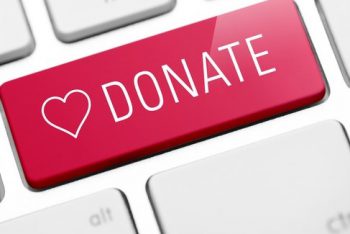 Unfortunately, disasters also bring out scammers in floods (forgive the pun). There is a spike in website registrations that include key words like “Harvey,” “hurricane” or other phrases in the domain name. There are usually reports of fraudulent phone calls asking for donations. And dozens of new pleas for money on crowd funding sites like GoFundMe tend to crop up.
Unfortunately, disasters also bring out scammers in floods (forgive the pun). There is a spike in website registrations that include key words like “Harvey,” “hurricane” or other phrases in the domain name. There are usually reports of fraudulent phone calls asking for donations. And dozens of new pleas for money on crowd funding sites like GoFundMe tend to crop up.
These may all be legitimate pleas posted by actual victims that need your help. But with so many new appeals online and in social media, how do you make sure that your donation is going to a legitimate aid provider, and not some despicable scammers lining their own pockets? These tips are not new; charity scams have always been with us. But given the scope and lasting impact of Hurricane Harvey and other calamities this year, you can expect that dubious and outright fraudulent exploitations will proliferate and be with us for a long time. Here are some tips to help you find a legitimate charity that will make good use of your generosity.
- Donate to established charities that you know and trust.
- Designate how you wish to apply your money. By law, money that is designated for a specific purpose must be used for that purpose, at least until that disaster is over.
- Watch out for new the charities that somehow appear in the wake of any disasters you see in the media. Massive disasters provide endless opportunity for fraud.
- If you are looking for a reputable charity, check them out with services that monitor complaints, tax compliance, efficiency and more. Some sources of information include the Wise Giving Alliance, Charity Navigator, Charity Watch, and GuideStar.
- Treat all unsolicited phone calls as suspect until proven different. If you receive a call from a legitimate charity, and I don’t know of any that are making mass marketing calls at this time, you can always hang up on the caller, then donate online or call the charity direct to make sure your donation is going to the real organization.
- Don’t click on email links from anyone you don’t know. Check the sender’s email address, you may have to hover over the name to reveal the actual address, before clicking on anything.
Remember, you have control over where your donation goes if you initiate the action and go to a recognized charity’s website or call them yourself. You may not be able to confirm the legitimacy of anyone who calls or sends you an email, even if it sounds or looks authentic.
The Federal Trade Commission provides tips in a new blog Wise giving in the wake of Hurricane Harvey, that are helpful with any disaster.

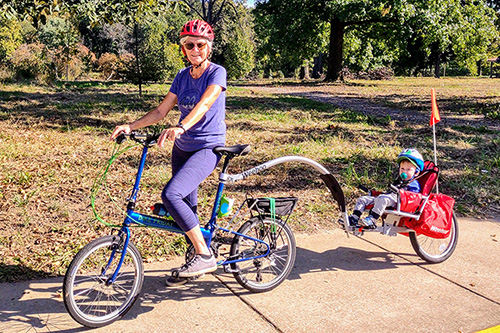
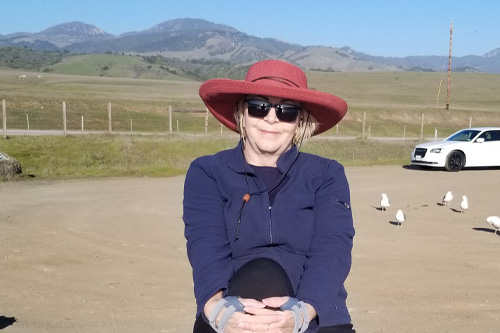
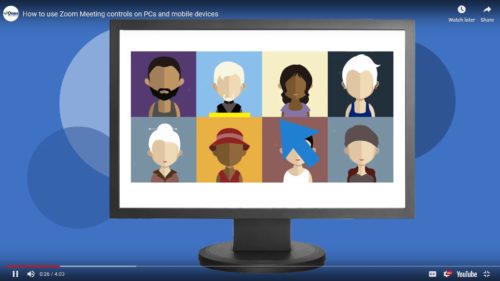
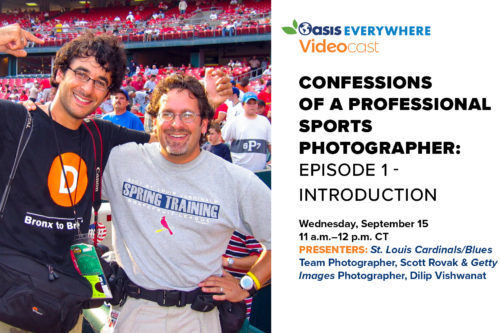
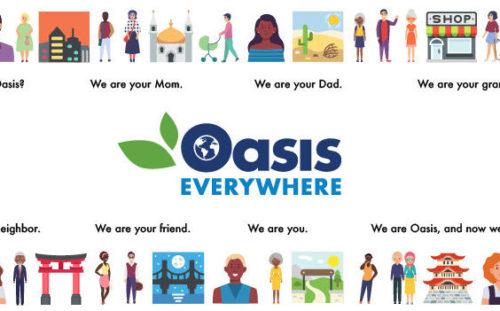
Leave A Comment
You must be logged in to post a comment.